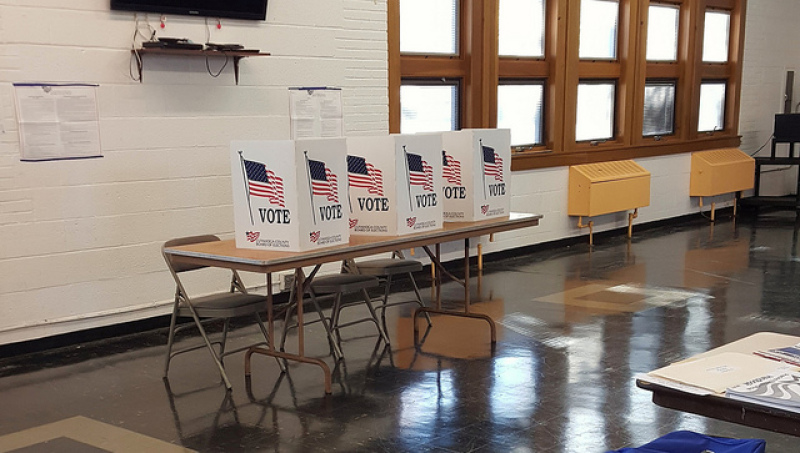
A recent Barna estimate says that the proportion of different segments who voted this election was not the same, and that the influence of religious groups on election results was significant.
Even though the overall turnout (about 59 percent) in 2016 matched that in 2012, evangelicals flocked to the polls to cast their votes this time around.
As many as 61 percent of the evangelicals voted this election, followed by notional Christians (59 percent), and born again non-evangelical Christians (58 percent). During the 2012 elections, 59 percent of the evangelicals voted, while born again non-evangelical Christians came out in slightly higher proportion (60 percent). Only 55 percent of the notional Christians had voted at that time.
On the other hand, only 57 percent of those belonging to non-Christian faith voted this election, and the percentage of skeptic voters was exactly the same. Four years ago the proportion of non-Christian faith (48 percent) and atheist/agnostic (40 percent) voters was comparatively muted as well.
However, the impact made by groups on election was different according to their population sizes. Only 10 million voters were evangelicals, 33 million were born again non-evangelicals, and 58 million were notional Christians. About 28 million voters fell into the skeptic segment, and 7 million were from non-Christian faiths.
Evangelicals were seen to have clearly supported Donald Trump. As many as 79 percent voted for him, while only 18 percent voted for Hillary Clinton. A majority (56 percent) of born again non-evangelical Christians voted for Trump, and some 35 percent voted for Clinton. Notional Christians sided with Trump by a small margin as compared to Clinton (49 percent vs 47 percent).
Clinton was the preferred choice of non-Christian faith groups and skeptics. Some 71 percent of those from non-Christian faith groups backed Clinton, and only 21 percent supported Trump. Most of the skeptics (60 percent) also voted for Clinton and some 27 percent for Trump.
"Think about all of the significant faith-driven events in the campaign. Eight evangelicals ran for the GOP nomination. There were high-profile meetings featuring the major candidates with large groups of faith leaders. Big Data targeting efforts focused upon voters' faith inclination were employed. Key issues in the race, such as the Supreme Court nominations, abortion, and religious liberty, were intimately related to peoples' religious perspectives and passions. Numerous churches and religious coalitions held prayer rallies and fasting vigils. Like it or not, the importance of peoples' faith was front and center in this election," said George Barna, founder of Barna Group and special analyst for the 2016 election polling.


















